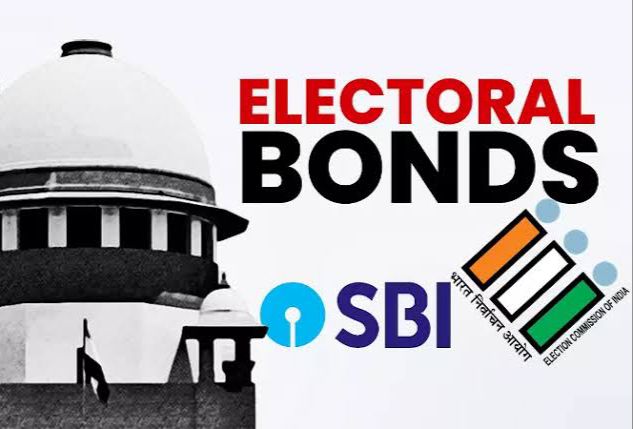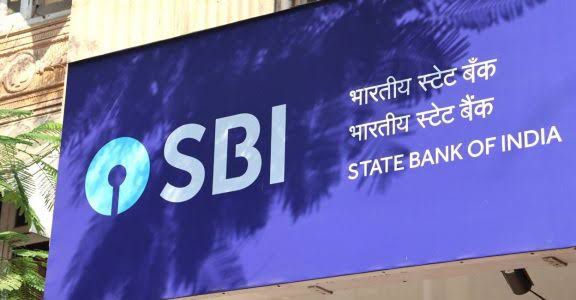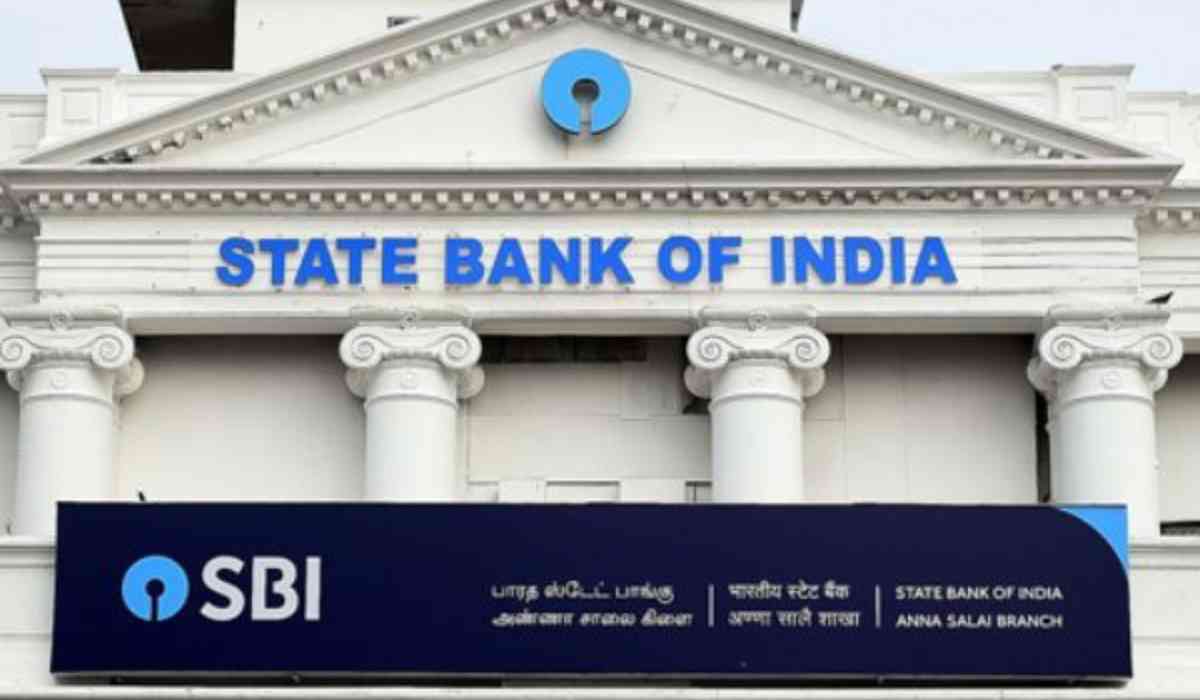On March 7, Chief Justice of India D.Y. Chandrachud, who presided over the bench in the electoral bonds case, mentioned that the Supreme Court will examine the possibility of scheduling a contempt petition against State Bank of India (SBI) Chairman Dinesh Kumar Khera, alongside SBI's request if the petition has been properly documented and authenticated.
The Association for Democratic Reforms (ADR), a non-profit organisation spearheading the legal challenge against the government's 2018 electoral bonds scheme, filed a contempt petition in the Supreme Court one day after the State Bank of India (SBI) failed to comply with the court-ordered deadline of March 6 to submit comprehensive details of electoral bonds purchased since April 12, 2019, to the Election Commission of India (ECI), according to Advocate Prashant Bhushan, who notified the Chief Justice of India. Bhushan promised the court that all the paperwork would be completed.
The hearing is scheduled for March 11, which also happens to be the day that SBI's application to extend the deadline until June 30 is expected to be discussed.

Photo: LiveLaw
SBI’s Extension Plea
On March 4, State Bank of India's (SBI) requested for an extension until June 30, by submitting a nine-page application to the Supreme Court. In its extension plea, the SBI sought to bring to the court’s notice “certain practical difficulties with the decoding exercise and the timeline fixed for it.”
The plea said, "It is submitted that due to the stringent measures undertaken to ensure that the identity of the donors was kept anonymous, 'decoding' of the EBs and the matching of the donor to the donations made would be a complex process."
SBI stated that certain information, like the quantity of bonds, is kept digitally, to ensure that it cannot be gathered easily to achieve the object of the scheme, but other information, like the names of the buyer, KYC etc are stored physically.
The bank emphasized the need to decode details from 22,217 EBs, which involves compiling and comparing 44,434 sets of information, as details pertaining to buyers and recipients of bonds are stored in separate information silos.
If granted, this extension would delay the disclosure of donors and recipients of Electoral Bonds until after the upcoming Lok Sabha elections, anticipated to be held between April and May this year.

Details of the contempt Petition
The contempt petition alleged that the bank was intentionally attempting to prevent the disclosure of details regarding donors and their anonymous contributions to political parties before the Lok Sabha elections scheduled for April-May.
“The SBI maintains a secret number-based record of donors who buy bonds and the political parties they donate to,” the contempt petition submitted.
Each electoral bond had a unique number, it said. “A simple query on the database can generate a report in a particular format which does not require any manual verification,” the petition said.
The contempt petition asserted that the SBI had sufficient technical expertise and manpower to obtain the information by March 6.
“The SBI has 2,60,000 employees, 22,500 worldwide branches administered by a headquarters, 17 local head offices, 101 zonal offices and 208 foreign offices in 36 countries. It is hard to believe that the SBI is not able to gather information which the SBI has itself recorded,” it said.
"Unique numbers assigned to each electoral bond are already operational and can be used to generate reports by the SBI's IT system, which is designed for managing electoral bonds. The bank maintains records of these numbers as well as the Know Your Customer (KYC) details of purchasers," the plea said.
Mr. Bhushan noted that the bank failed to inform the court about its progress and the plea for the time extension lacked signatures from the SBI's Chairman or Managing Director.
The petition referenced a 2018 Right to Information response to Commodore Lokesh Batra, revealing specific allocations by the SBI: ₹60.43 lakh for IT system development, ₹89.72 lakh for operational expenses, and a total net cost of ₹1.50 crore for launching electoral bonds.
Only 19 SBI-authorized branches sold the bonds during the 30 phases of the electoral bond sales, and 14 branches cashed them, according to the RTI data. According to the petition, since the system is already in place and only 25 political parties had opened accounts that could be cashed for electoral bonds as of January 2024, gathering this data shouldn't be too difficult.
Stressing the significance of transparency in political financing, the ADR argued that voters have a fundamental right to know about the substantial sums of money contributed to political parties through EBs and that the lack of transparency goes against the essence of participatory democracy enshrined in Article 19(1)(a) of the Constitution.
Mr. Bhushan argued that Section 4 of the electoral bonds plan made clear why KYC was required. Moreover, the scheme's Clause 7 mandated that buyer information be disclosed upon a court's request. Clause 12(4) further stipulated that the bank must deposit any electoral bonds that are uncashed after 15 days into the PM Relief Fund. The petition emphasized that it was improbable that the SBI did not possess easily accessible data stored in its database.
_1709860782.jpeg)
Photo: Bar and Bech
The Electoral Bond Case
On February 15, a five-judge bench invalidated the Centre’s 2018 Electoral Bonds (EB) scheme for political funding, deeming it "unconstitutional" due to its complete anonymization of contributions to political parties. The bench, led by CJI Chandrachud, also directed the State Bank of India (SBI), the sole designated EB-issuing bank, to immediately cease the issuance of EBs. Furthermore, the bank was instructed to submit details of EBs purchased since April 12, 2019, to the poll watchdog by March 6.
Mr. Bhushan argued that KYC was required as per Section 4 of the electoral bonds scheme. He also pointed out that Clause 7 mandated disclosing buyer information upon court request, while Clause 12(4) required banks to deposit uncashed bonds to the PM Relief Fund after 15 days. The petition emphasized that the SBI should have readily available data in its database.
(Inputs from Agencies)
ⒸCopyright 2024. All Rights Reserved Powered by Vygr Media.






















